#peridot and pearl jewelry
Explore tagged Tumblr posts
Text

Assael Modernist Earrings In 18k Green Gold With 10.80 CTW Peridot and 10.1-12.5mm Fijan Natural Color Cultured Pearls
Photo Courtesy: Assael
Source: jckonline.com
#assael#contemporary high jewelry#18k green gold#peridot#fijan cultured pearls#peridot and pearl earrings#peridot and pearl jewelry#high jewelry earrings#luxury jewelry#fine jewelry#gemville
53 notes
·
View notes
Text

VICTORIAN PERIDOT PEARL WHITE ENAMEL NECKLACE
#no year listed#victorian#peridot#enamel#pearls#gold#necklace#pendant#leaves#vintage jewelry#antique jewelry#fashion#fine jewelry#old jewlery#vintage#antiques#jewelry
15 notes
·
View notes
Photo


9k Gold Peridot, Amethyst, and Pearl Double Heart Conversion Ring
108 notes
·
View notes
Text
A Beautiful Antique Jewelry!
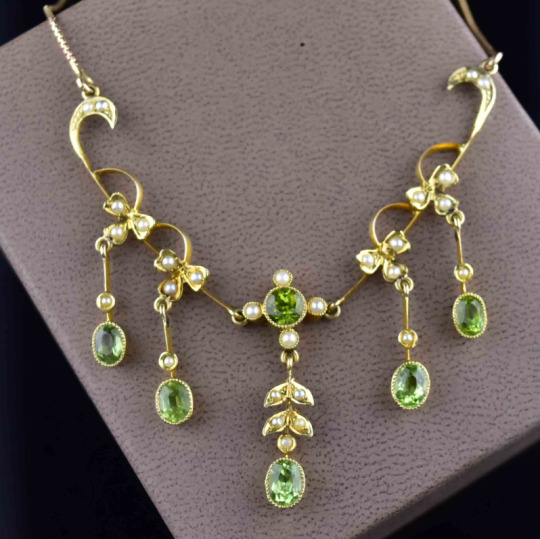
Spring fresh....
A splendid antique peridot and seed pearl necklace in 15K gold dating from the Edwardian period, SOLD at Boylerpf
#antique jewelry#vintage jewelry#awesome#1900s#peridot#pearl jewellery#pearl necklace#gold jewelry#edwardianjewelry
6 notes
·
View notes
Text
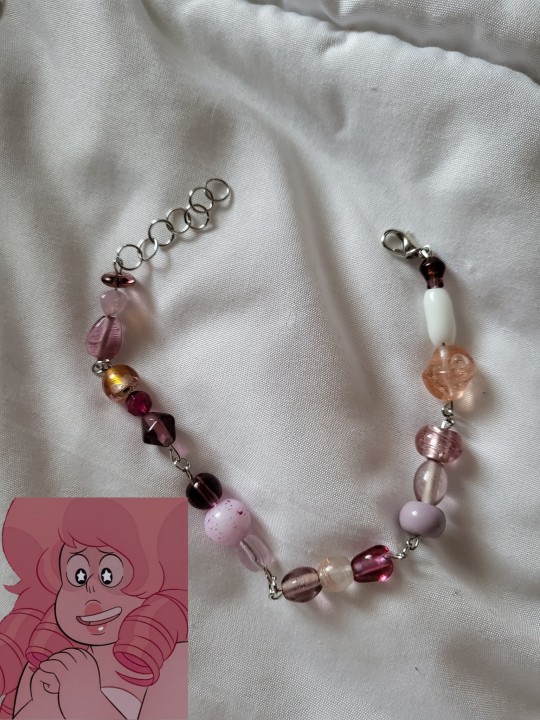
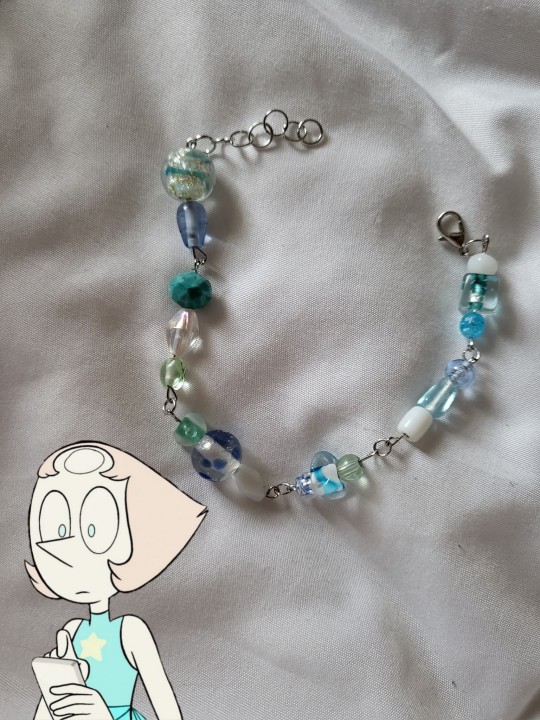



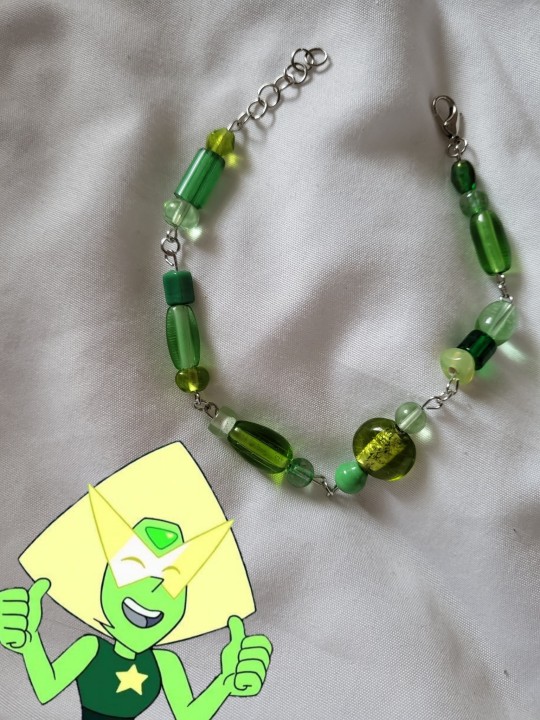

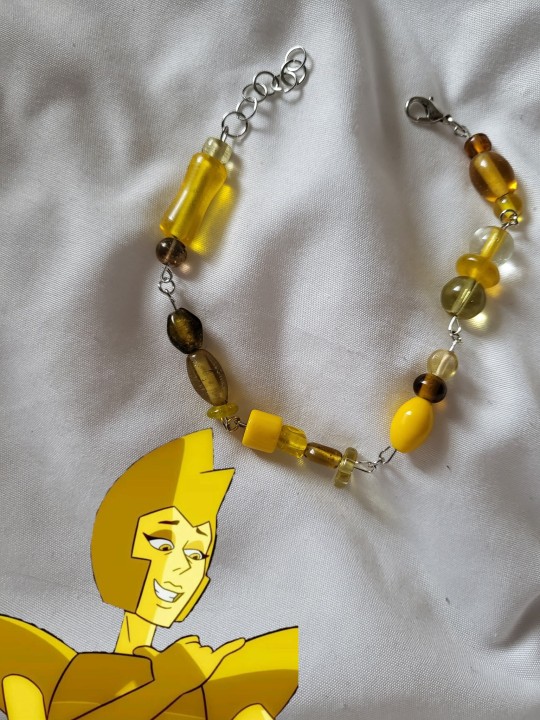
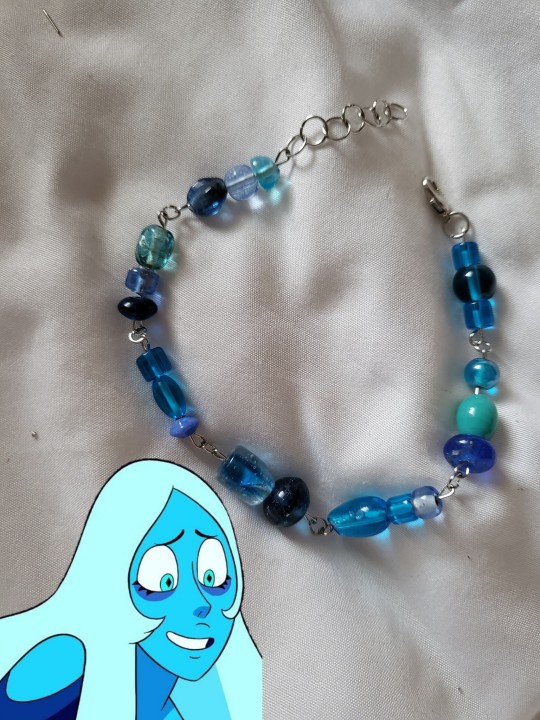
I'm never going to get over my Steven Universe bracelets
#steven universe#jewelry#jewelry making#rose quartz su#pearl su#garnet su#amethyst su#sapphire x ruby#peridot su#white diamond su#yellow diamond su#blue diamond su
51 notes
·
View notes
Text

Pear Amethyst Citrine Peridot Mop Gemstone 925 Sterling Silver Jewelry Necklace ebay GemsPorium
2 notes
·
View notes
Photo

Pearl, Peridot, Silver Ring 13441-1240
This charming Victorian-style ring features Peridots weighing approximately 1 carat, and Pearls, set in silver.
Details: ±1.00ct Peridot, Pearl, Silver Ring.
Dispatches from a small business in Amsterdam, The Netherlands.
Weight in grams: 2.9.
Condition: New.
Registered Shipping or Local Pickup at our store (in the case of Local Pickup, shipping costs will be refunded if applicable).
Are you looking for more antiques and vintage jewelry?
Browse our online website for more antiques & vintage jewelry on Binenbaum.com
https://www.binenbaum.com/product/pearl-peridot-silver-ring-13441-1240/
#iloveyou#loveyou#spiegelkwartier#pearl#peridot#pearl ring#peridot ring#victorian ring#selflove#amsterdam#antique jewelry#antique jewellery#vintage jewelry#vintage jewellery#binenbaum antiques jewelry#silver#silver ring
12 notes
·
View notes
Text

Antique Peridot and Pink Topaz Trellis Work Necklace With Pearl Drops In 15k Gold
Photo Courtesy: Humphrey Butlwe
Source: forbes.com
#antique multi gem necklace#peridot#pink topaz#pearls#antique high jewelry#15k gold#15k gold jewelry#high jewelry#luxury jewelry#fine jewelry#fine jewellery pieces#gemville
442 notes
·
View notes
Text
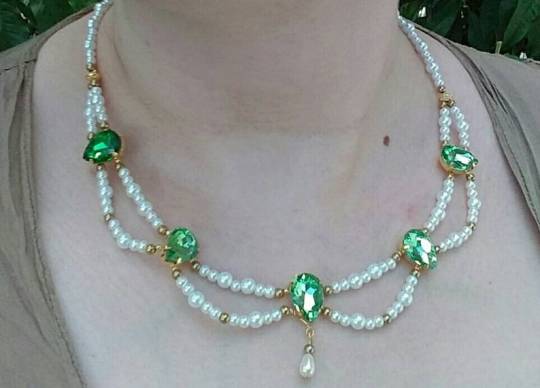
This lovely necklace reminds me of spring, with pale peridot greens and bright facets that glitter in the sun.
1 note
·
View note
Text
Unique Emerald Cut Peridot Ring By Anne Bronte| Metalicious
This stunning emerald cut peridot ring is inspired by Anne Brontë. The Anne ring is made with sterling silver.Perfect for August birthdays, this vintage-inspired engagement ring is crafted in Metalicius.Get Now!
#peridot engagement ring#august birthstone ring#vintage emerald rings#silver emerald ring#Metalicious unique rings#Sterling silver rings#Sterling Silver Jewelry#new stylish jewelry#unique custom jewelry#unique handcrafted jewelry#alternative bridal jewelry#Unique Birthstone Jewelry#alternative engagement ring#Antique Jewelry Collection#unique handmade jewelry#Metalicious Custom Jewelry#buy pearls jewelry online#stylish jewelry#metalicious jewelry
0 notes
Text
#garnet and pearl necklace#heart necklace#minimalist#handcrafted jewelry#gift for her#artists on tumblr#pendant necklace#everyday necklace#etsy gifts#couple necklace#kasumi pearl necklace#pearl drop necklace silver#silver pearl chain necklace#real pearl necklace choker#pearl necklace for women victorian#large pearl bead necklace#pearl necklace with silver clasp#baby pearl necklace#peridot and pearl necklace#pearl necklace with gold clasp#friendship pearl necklace#pearl necklace with locket#pearl chain necklace with charm
1 note
·
View note
Text

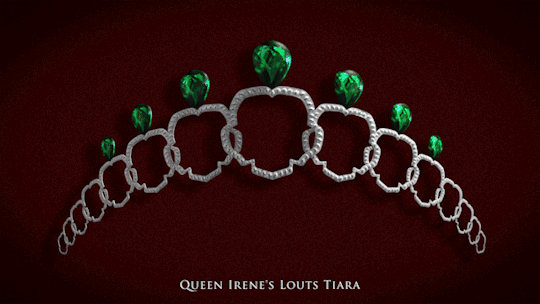


Sunderland's Royal Jewel Vault (24/∞) ♛
↬ Queen Irene's Louts Tiara
Most of the tiaras in Sunderland's royal vault have decades-long histories that are, in most cases, carefully documented. However, some tiaras are more elusive. Queen Irene's lotus tiara remains one of the most mysterious in the royal vault. The tiara first made its public debut during the 1994 New Year’s Gala. When Queen Irene stepped out to view the annual fireworks display her tiara was bearly visible. The delicate platinum tiara with pearl toppers was partially obscured by Irene's mound of blond hair and the tumultuous January snowstorm made getting a clear shot of the tiara even more difficult. Over the following years, jewels hard time identifying the tiaras's origin and providence. Most likely, the tiara was gifted to Irene following her 1968 wedding to the Prince of Danforth, but this has yet to be confirmed by any official sources. Irene only ever wore this mystery tiara once and following its 1994 appearance, it disappeared for decades, with some claiming it had been dismantled. However, in 2020 the tiara made a second sudden appearance, this time being worn by the Queen's daughter-in-law, the Duchess of Sherbourne. Rumours that the tiara had been dismantled proved to be false, in fact, the tiara looked nearly identical to its 1994 setting with one key difference — the queen's original pearl toppers had been replaced by emeralds, widely speculated to be Illriyan emeralds from the Queen's personal jewelry box. Shelby, said to be the king's favourite daughter-in-law, has kept the lotus tiara in steady rotation along with her wedding tiara and another emerald tiara. Over the years, Shelby has gotten creative, routinely swapping the tiara's toppers (or removing the toppers altogether to wear the piece as a bandeau!) with different gemstones including turquoise in 2024, pink topaz in 2026, and peridot in 2027. The tiara's past still remains ambiguous, but the Duchess has ensured that it won't be easily forgotten.
Queen Irene wears her lotus tiara during the 1994 New Year's Gala,, in the background Princess Jacqueline can also be seen wearing the Wynn meander tiara
The Duchess of Sherbourne wears the tiara with emerald toppers in 2022
#warwick.jewels#✨#gif warning#ts4#ts4 story#ts4 royal#ts4 storytelling#ts4 edit#ts4 royal legacy#ts4 legacy#ts4 royalty#ts4 monarchy#ts4 screenshots#warwick.extras
39 notes
·
View notes
Text
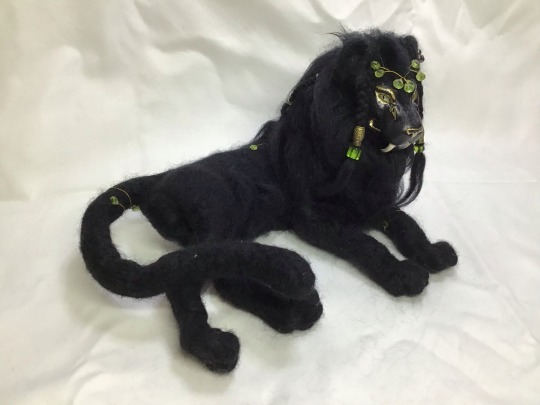
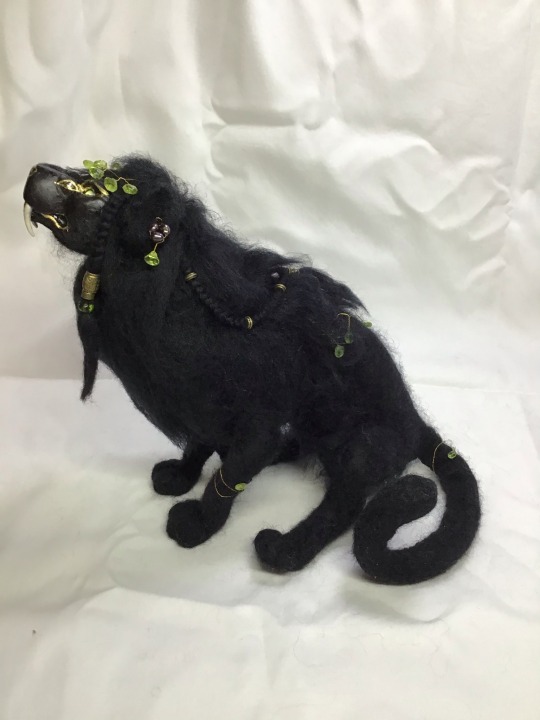


Void lion familiar
glamor shots ✨ unedited. (Two of) His eyes seem to follow you from every angle lol
Materials: hand felted and tufted black merino wool, aluminum armature wire, gold wire jewelry, glass eyes, apoxie sculpt, peridot gem beads, black pearls, acrylic paint
Interested in adoption? Send me a DM!
#void lion#black lion#familiar#magical creature#sabretooth#peridot#gold#ooakartdoll#art doll#needle felting
27 notes
·
View notes
Text
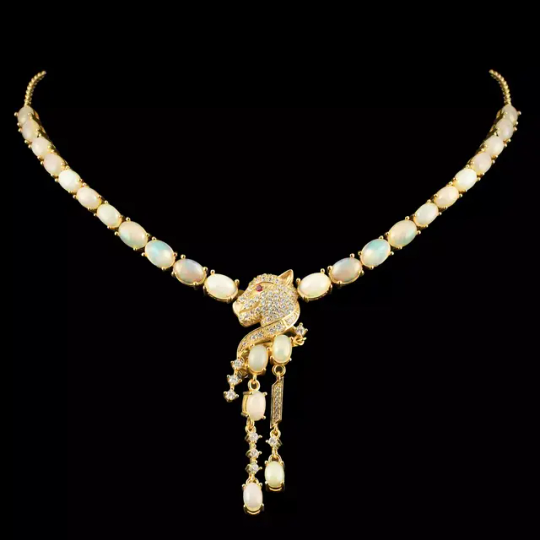
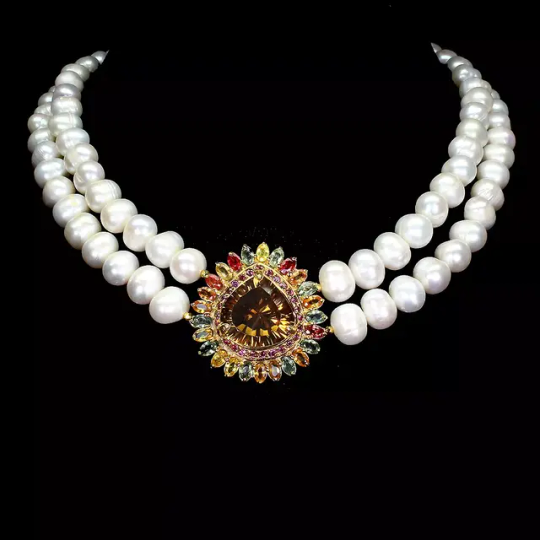
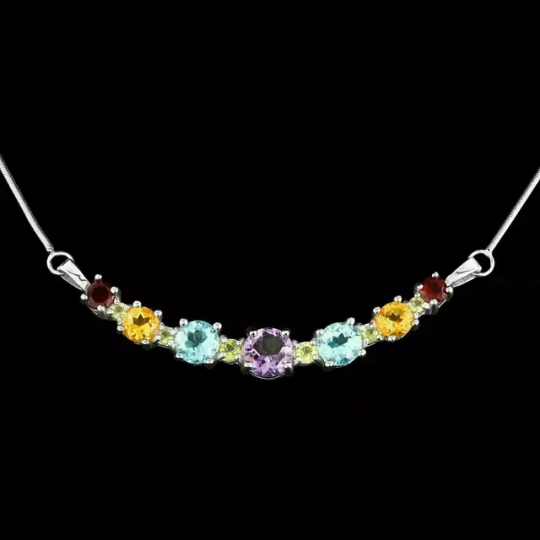
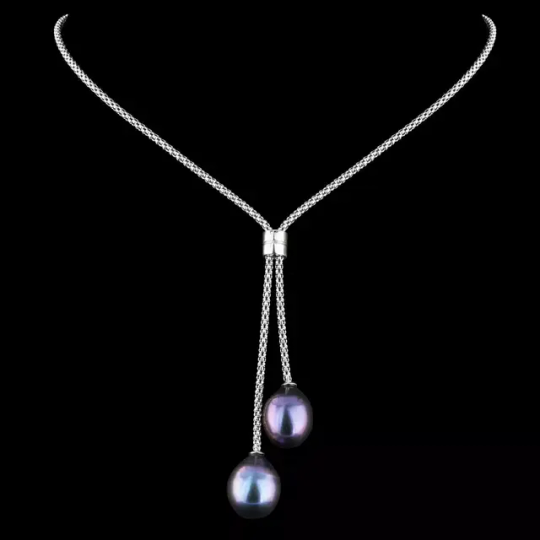
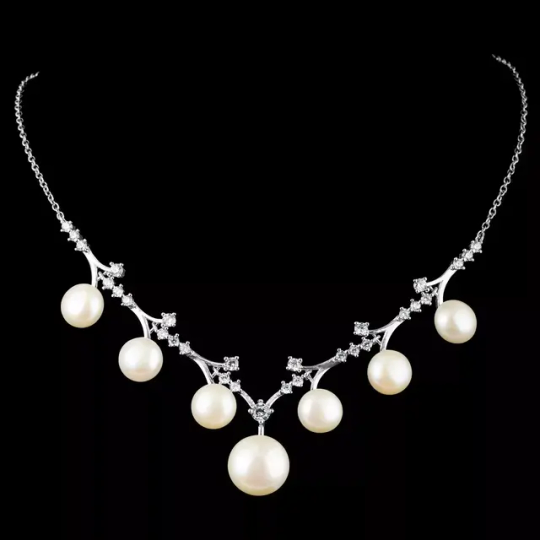
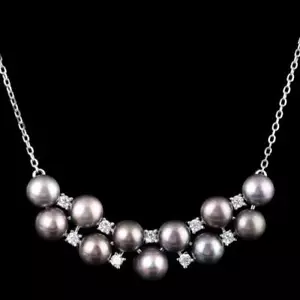
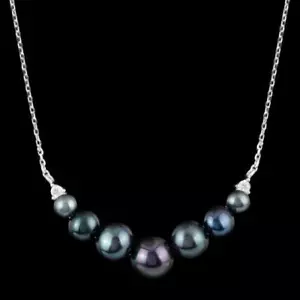
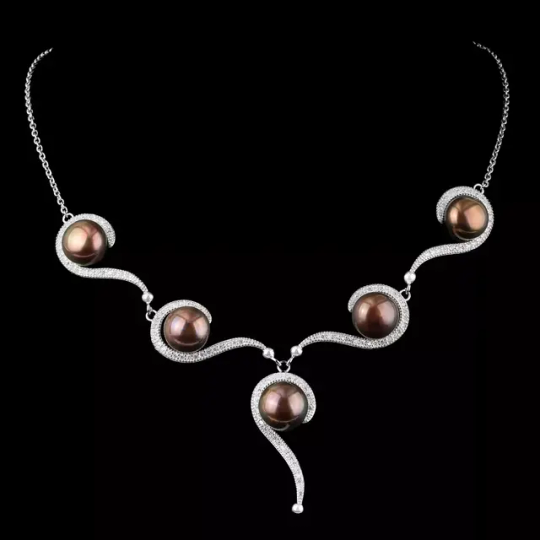
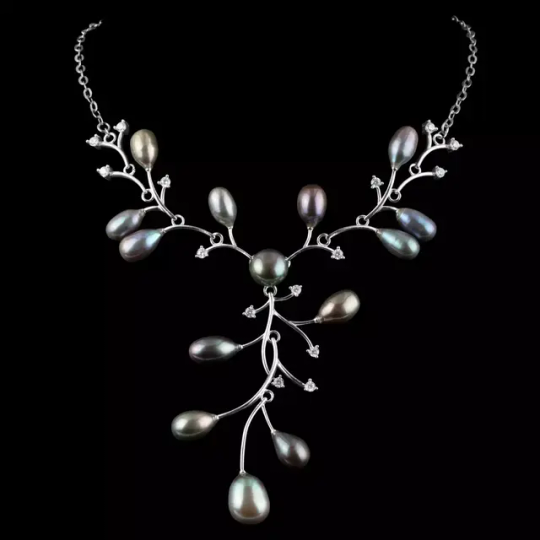
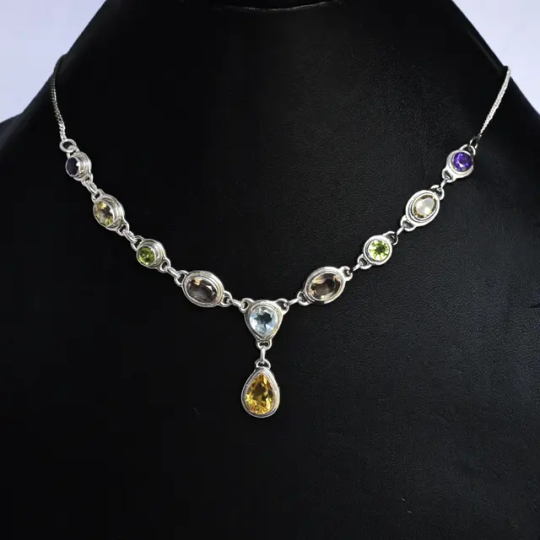
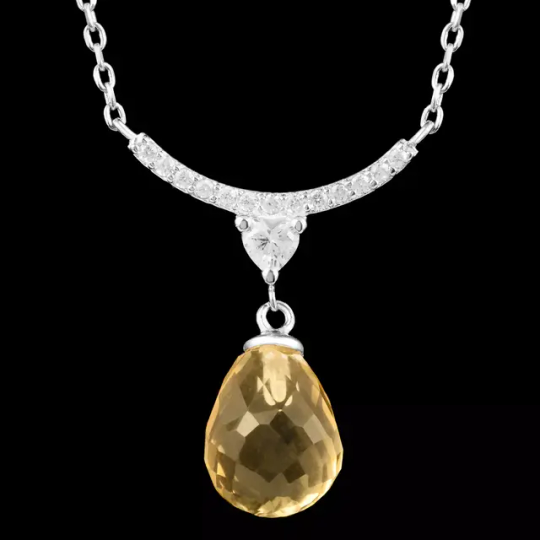
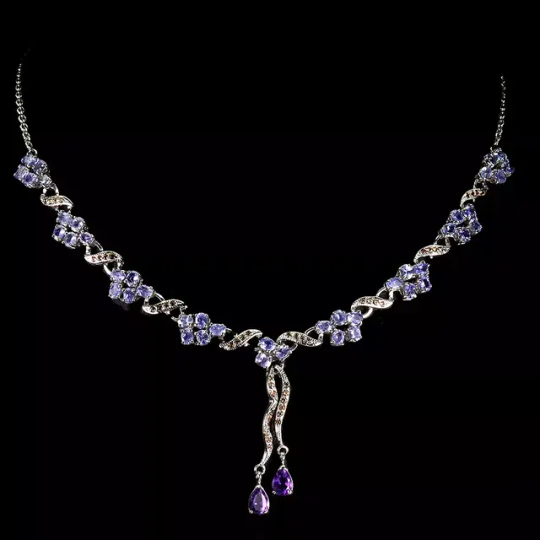
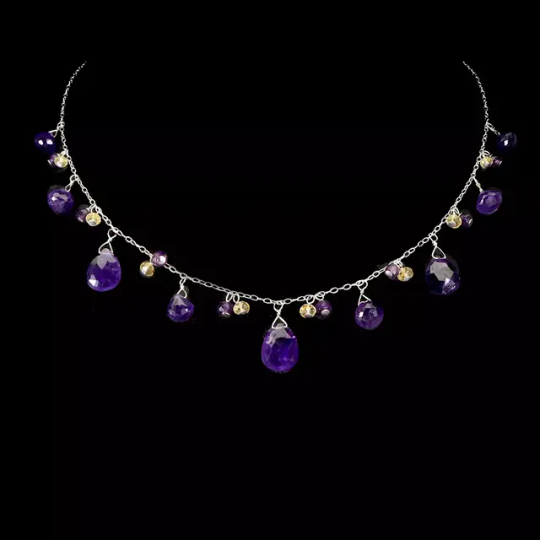
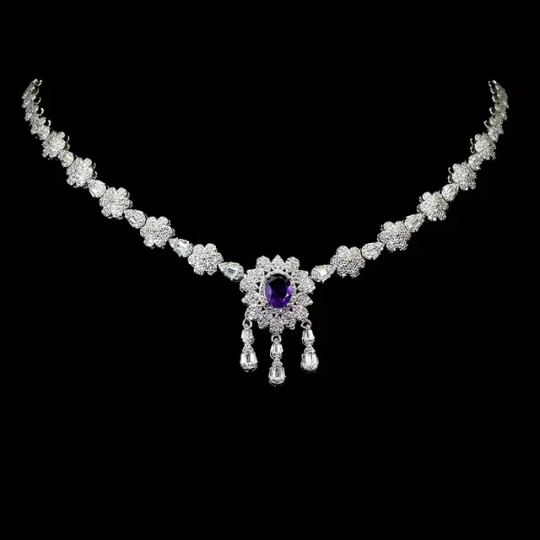
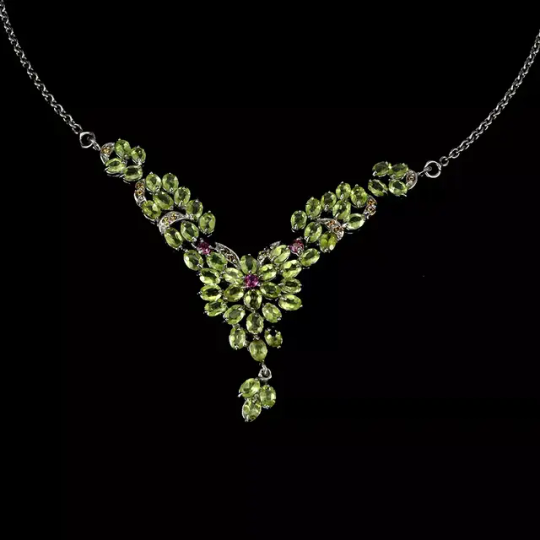
NATURAL 10X9MM TAHITIAN FRESH WATER PEARL CZ IN STERLING SILVER 925 NECKLACE ebay bkkgems
925 Sterling Silver Necklace Oval Peridot Rhodolite Sapphire Gemstone Jewelry 18 EBAY EgemDiamond
9 notes
·
View notes
Text
Napoleon's Marshals and their Birthstones Part 2
This is part 2 of my series where I list all 26 marshal's birthstones, I'll also be adding two non-marshals to the list ;). In this post I'll go over months May through August, the format will be the same as the last post. If you want to review the terms used in the post I'll put the link to the first part here .
--------------------------------------------------------------
Emerald (May)
Marshals- Davout, Kellermann, Massena, Perignon, and Poniatowski
Type: Mineral
Group: Beryl (Be₃Al₂(SiO₃)₆)
Color: Green or bluish-green
Cleavage: Indistinct to none
Fracture: Conchoidal
Mohs Scale: 7.5-8
Luster: Vitreous
Streak: White
Fun Fact: Emerald is one of the four cardinal (most valuable) gemstones, along with diamond, ruby, and sapphire. Its value is due to the limited amount of beryllium (an element in beryl minerals) found in one location on the surface of the Earth, making it rare to find. An even rarer type of emerald is a trapiche emerald, which has the shape of a wheel, with each piece of emerald separated by the inclusion of black shale; the shale becomes less present as time passes. Its green color is due to the presence of chromium or vanadium in its chemical composition. Traces of iron make the color turn into a bluish or yellowish tint.
Pearl (June)
Marshals- N/A (Honorable mention: Joséphine de Beauharnais)
Type: Mineral
Group: Carbonate (CaCo₃)
Color: White, pink, silver, cream, iridescent, blue, gold
Cleavage: None
Fracture: Uneven
Mohs Scale: 2.5-4.5
Luster: Pearly
Streak: White
Fun Facts: Pearls are made either naturally or synthetically. Natural pearls are formed inside the soft tissue of various mollusk species like oysters and mussels when an irritant such as sand gets inside the mollusk. As a defense mechanism, the mollusk covers the object with a substance called nacre, a combination of aragonite and conchiolin. These layers build up over time until they create a pearl. Man-made or cultured pearls are formed when a small piece of a mussel shell is inserted into the mollusk's tissue, causing the mollusk to secrete nacre onto the shell piece. Under a controlled environment, pearls form a perfectly shaped sphere, rather than forming in irregular shapes like organic pearls form.
Ruby (July)
Marshals- Moncey, and Marmont
Type: Mineral
Group: Oxide (Al₂O₃)
Color: Blood red, orange red, pink, or purple red
Cleavage: Indistinct
Fracture: Conchoidal or splintery
Mohs Scale: 9
Luster: Vitreous
Streak: White
Fun Fact: Rubies have the same chemical composition as sapphires, making them the same type of mineral (corundum), the only difference being that rubies are red due to chromium in their crystal lattice, while sapphires are blue, but it does come in different colors [1]. Rubies are not only known for their use in expensive jewelry but also for having major cultural significance ranging from ancient to modern times. In ancient Greece, rubies were thought to preserve mental and physical strength. Many Greek warriors wore talismans with rubies as protection when heading into battles [2].
Peridot (August)
Marshals- Bessières (Honorable mention: Napoleon Bonaparte)
Type: Mineral
Group: Silicate ((Mg,Fe)₂SiO₄)
Color: Green, yellowish-green, olive-green
Cleavage: Poor
Fracture: Conchoidal
Mohs Scale: 6.5-7
Luster: Vitreous or greasy
Streak: Colorless
Fun Fact: Peridot can be dissolved in hydrochloric acid, creating a gelatinous silica form. It was first discovered on the volcanic island of Zabargad in the Red Sea (located near Egypt) 3,500 years ago. The largest known peridot was also discovered in Egypt, weighing approximately 319 carats. The Egyptians were very fond of peridot and believed it to be the gemstone of the sun god Ra, giving it the name the 'evening emerald.' When determining the value of a peridot, its color plays an important role. Peridots with a pure green hue are more desirable than those with a yellowish tint (high iron levels are present). Peridot is also the gemstone with the most inclusions visibly present, which can affect its value, but it is often attributed to it being part of its natural structure.
--------------------------------------------------------------
Sources:
Emerald: King, H. M. (n.d.). Emerald. geology. https://geology.com/gemstones/emerald/
Pearl: MAT, M. (2023, August 26). Pearl: Mineral, gemstone: Properties, formation, occurrence. Geology Science. https://geologyscience.com/minerals/organic-minerals/pearl/?amp
Ruby: [1] King, H. M. (n.d.). Ruby and Sapphire. geology. https://geology.com/gemstones/ruby-and-sapphire/
[2] MAT, M. (2023, April 25). Ruby: Properties, formation, occurrence " Geology science. Geology Science. https://geologyscience.com/gemstone/ruby/?amp
Peridot: MAT, M. (2023, August 29). Peridot : Gemstone, properties, occurrence and uses " geology science. Geology Science. https://geologyscience.com/gemstone/peridot/?amp
#napoleonic era#napoleon bonaparte#french history#napoleon's marshals#rocks and minerals#gemstone#birthstone#napoleonic wars#funny how none of the marshals was born in June#pearl is quit fitting for Josephine xD#peridot too since bessi is known for wearing his green uniform#also pearls are technically not a mineral due to it being organically created#what is considered a mineral is the aragonite in its structure
16 notes
·
View notes
